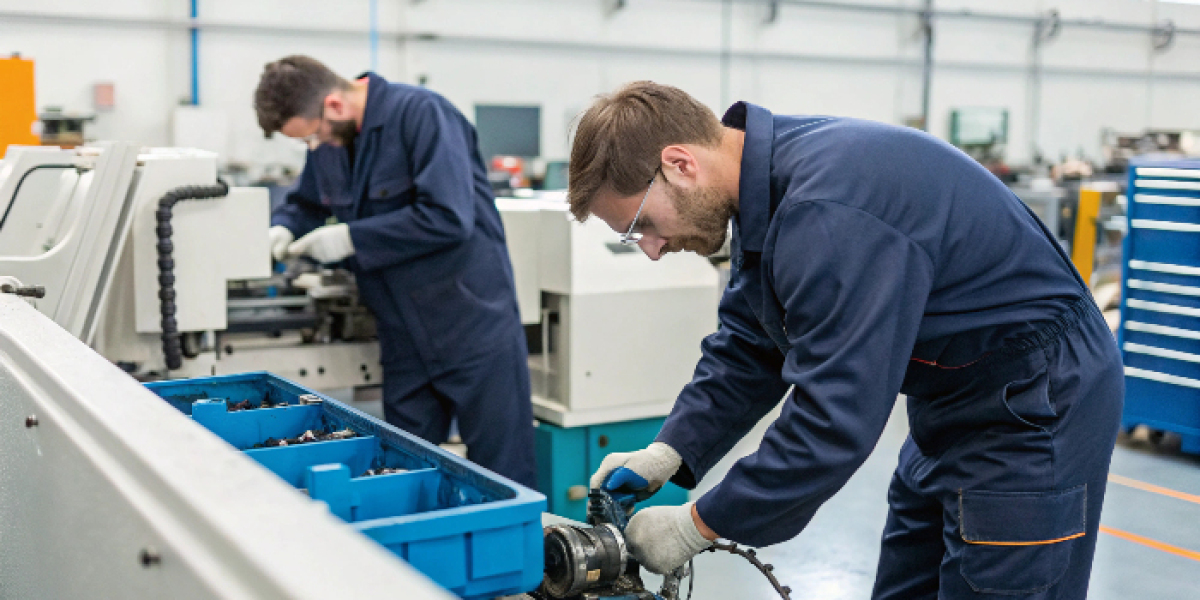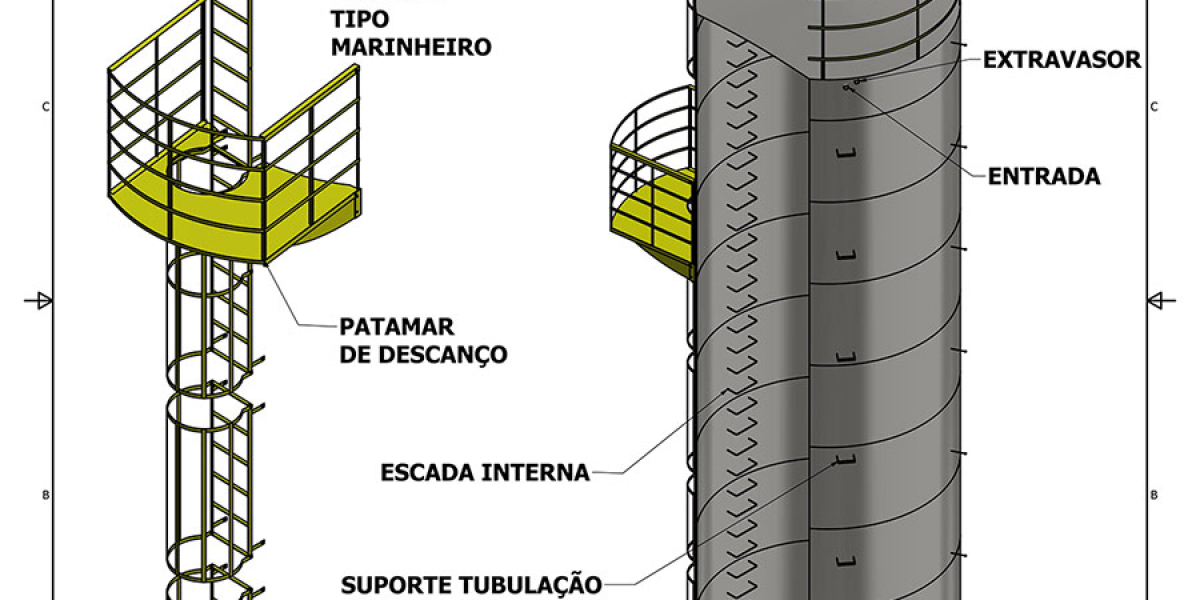Production lines stall, deadlines slip, and costs rise when equipment breaks unexpectedly. For plant managers, these setbacks create constant pressure to deliver results despite the presence of hidden risks. Total Productive Maintenance provides a structured approach to combat downtime, enhance productivity, and ensure consistency. By making every worker part of the maintenance process it creates shared responsibility and measurable wins. This method reduces surprises, improves equipment performance, and ensures stronger reliability. The following sections explain “what is total productive maintenance”, why plant managers trust it, and the reasons it drives great results across industries.
What is Total Productive Maintenance
Total Productive Maintenance (TPM) is a company-wide approach to equipment maintenance. It focuses on engaging operators, technicians, and managers in shared responsibility for machine performance. Instead of waiting for breakdowns, TPM promotes proactive habits, such as regular inspections, cleaning, and adjustments. The ultimate goal is zero unplanned downtime, higher productivity, and greater safety. By creating a culture of ownership, TPM improves efficiency at every stage.
Involves all employees in equipment care.
Reduces unplanned breakdowns and downtime.
Improves safety and productivity levels.
Encourages proactive equipment monitoring.
Builds a culture of continuous improvement.
Top Reasons Plant Managers Trust Total Productive Maintenance for Wins
Plant managers face constant pressure to maintain efficient, safe, and profitable operations. Total Productive Maintenance (TPM) has become the strategy they rely on to achieve these goals. By focusing on proactive care, employee involvement, and long-term reliability, TPM delivers measurable results. Below are the top reasons plant managers trust this method for consistent wins in their facilities.
1: Plant Managers Value Consistent Productivity
Productivity often suffers when assets fail without warning. Plant managers trust productive maintenance because it builds consistent equipment performance. TPM ensures machines run at peak efficiency by preventing minor issues from growing into costly problems. With fewer breakdowns, production stays smooth, and output levels remain predictable. Consistency translates into meeting deadlines and building customer trust.
Prevents disruptions through proactive inspections.
Ensures stable production schedules.
Reduces costly emergency repairs.
Supports reliable output levels.
Strengthens customer satisfaction.
2: Operational Costs Stay Under Control
Unexpected failures are expensive, draining budgets with repair costs, lost time, and wasted materials. By applying TPM, plant managers effectively manage financial risk. Routine tasks, such as lubrication, cleaning, and adjustments, cost far less than emergency interventions. Over time, savings compound, making operations more cost-effective. Lower expenses also free resources for upgrades and growth.
Reduces high repair and replacement costs.
Extends equipment lifespan.
Cuts overtime and labor inefficiency.
Prevents waste of raw materials.
Improves overall budget planning.
3: Worker Involvement Improves Accountability
Plant managers recognize that skilled staff are essential to the success of maintenance. TPM thrives on worker involvement, encouraging operators to take charge of routine maintenance. This reduces the load on maintenance teams and ensures problems are detected early. Employees feel more responsible for machine performance, which leads to better outcomes. The shared sense of accountability creates stronger collaboration across departments.
Engages operators in daily equipment checks.
Improves early detection of failures.
Reduces mistakes caused by a lack of oversight.
Creates teamwork between staff and managers.
Builds a culture of shared responsibility.
4: Safety Standards Become Stronger
Workplace safety is critical, and TPM helps plant managers enforce it. Equipment failures often pose hazards, ranging from sudden malfunctions to catastrophic breakdowns. With TPM, machines receive regular care, reducing the risk of accidents. Plant managers appreciate this because fewer injuries result in lower legal costs, reduced downtime, and a safer workforce. Healthy staff also perform better, supporting long-term success.
Identifies risks before they escalate.
Lowers the chances of equipment-related accidents.
Supports compliance with safety regulations.
Reduces insurance and liability costs.
Builds a safer work environment.
5: Reliable Data Supports Better Decisions
Plant managers rely on accurate information to improve operations. TPM generates useful data by tracking inspections, repairs, and performance levels. With this information, managers can analyze trends and prevent recurring failures. Reliable data supports smarter investment in tools, spare parts, and staff training. This improves both planning and execution.
Provides accurate data for decision-making.
Helps forecast maintenance needs.
Identifies recurring issues for improvement.
Improves inventory planning for spare parts.
Guides investments in staff training.
6: Equipment Life Extends Significantly
Replacing machinery is one of the highest expenses for any facility. TPM helps extend equipment life by keeping assets in top condition. Regular care prevents unnecessary wear and tear, ensuring machines remain productive for years. This benefit saves capital, improves ROI, and reduces the stress of frequent replacements. Plant managers value TPM because it keeps assets strong and reliable.
Prevents early equipment failures.
Increases return on investment.
Supports long-term operational planning.
Reduces frequency of replacements.
Ensures consistent machine performance.
The Role of Productive Maintenance in Long-Term Wins
Reliable operations rely on total productive maintenance, as it combines efficiency, cost control, and workforce involvement. While preventive actions are important, TPM takes it a step further by ensuring that every employee contributes. The method strengthens trust between management and staff while driving measurable results. Plant managers see TPM as a winning formula that safeguards operations and creates lasting benefits.
Encourages teamwork across all levels.
Supports long-term stability.
Improves both productivity and safety.
Builds confidence in maintenance systems.
Ensures sustainable growth in operations.
Conclusion
Total productive maintenance is not only a strategy but also a culture shift that plant managers rely on for accuracy, safety, and cost control. From boosting productivity to reducing risks, TPM delivers clear wins that sustain long-term success. By combining proactive care with team involvement, it ensures fewer breakdowns and greater efficiency. For U.S. businesses looking ahead, TPM stands as a trusted system that turns challenges into lasting results. Plant managers trust it because it works.
Improve efficiency, cut downtime, and extend equipment life with total productive maintenance solutions from MicroMain, trusted by plant managers for accurate, cost-effective, and lasting operational success.
FAQs
Q1. What is total productive maintenance and why does it matter?
Total Productive Maintenance (TPM) is a company-wide approach to equipment care. It matters because it reduces downtime, extends machine life, and improves safety.
Q2. How does TPM benefit plant managers in daily operations?
TPM helps plant managers by reducing repair costs, enhancing productivity, engaging workers, and enhancing safety. It provides consistency across all aspects of plant performance.
Q3. Can TPM replace other maintenance strategies?
No, TPM complements preventive and corrective maintenance. It adds value by including all employees in maintenance responsibility, making it more effective.








